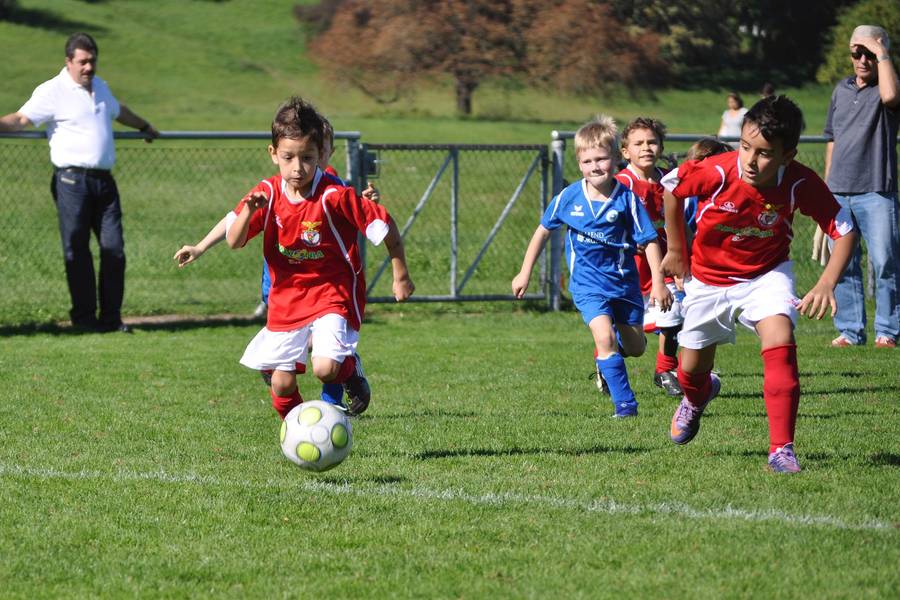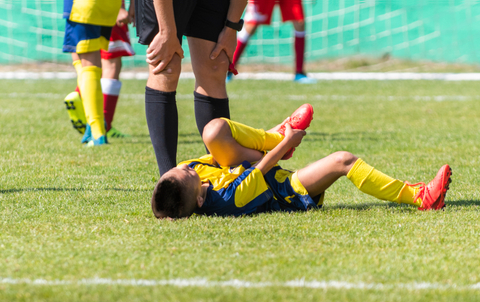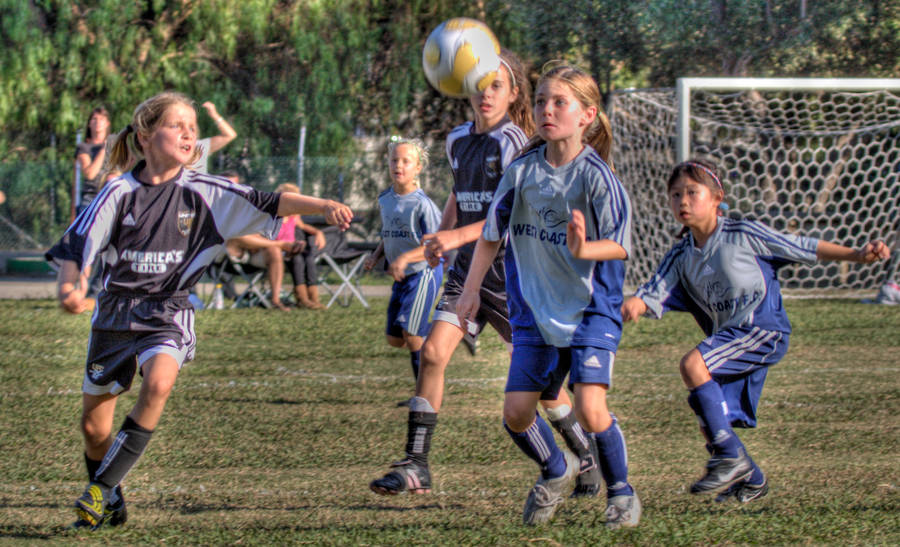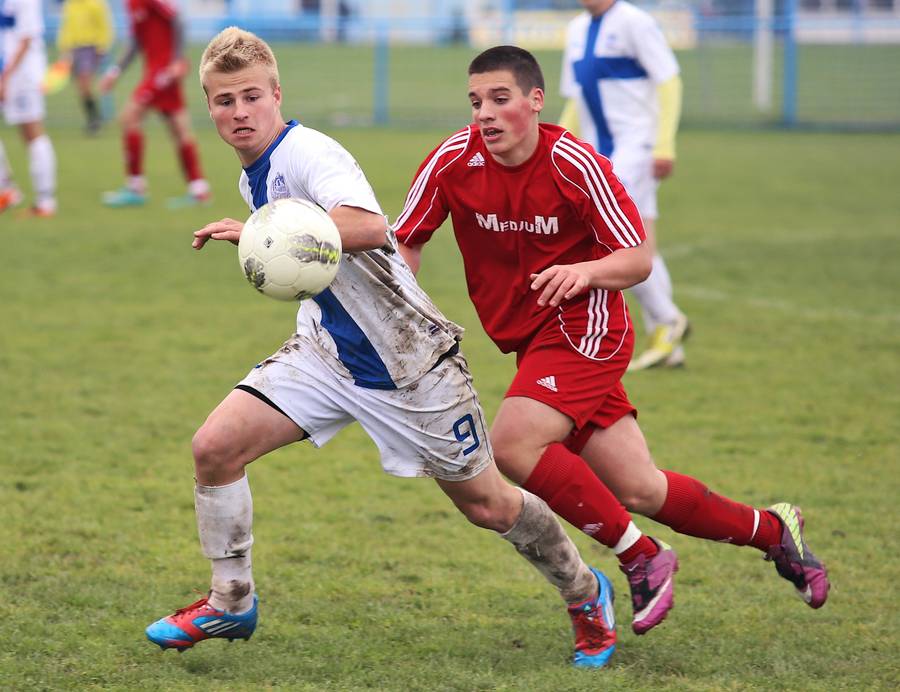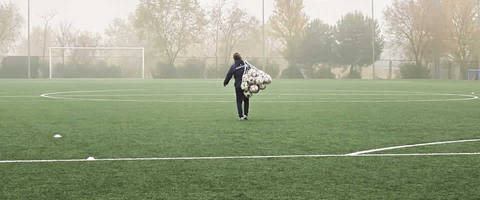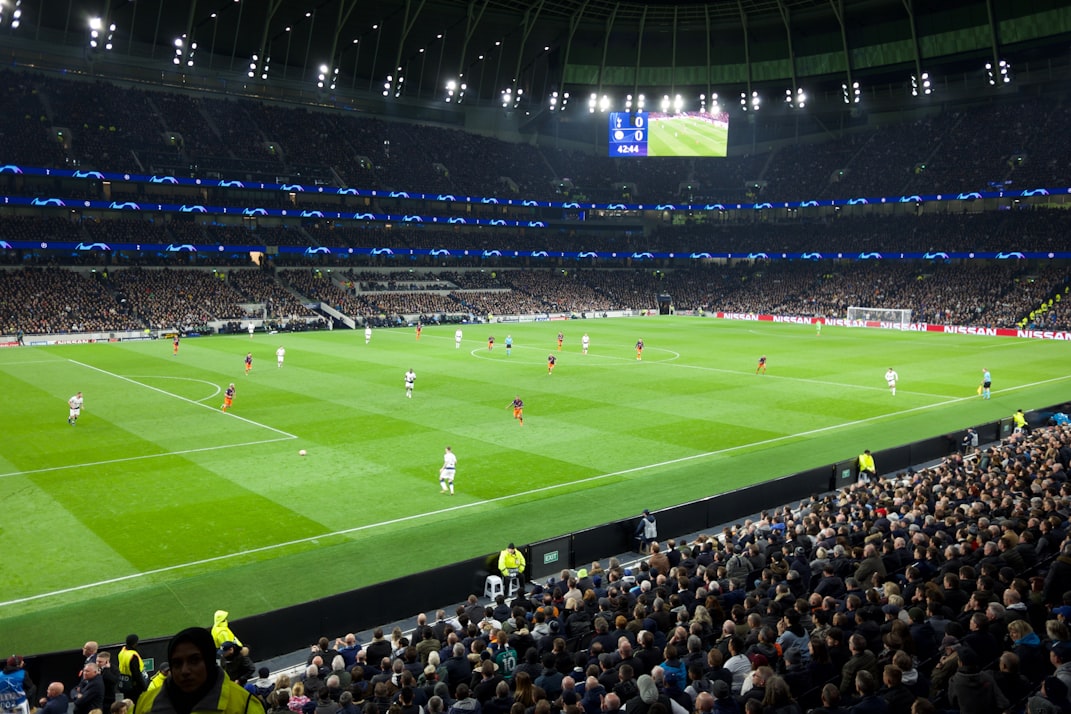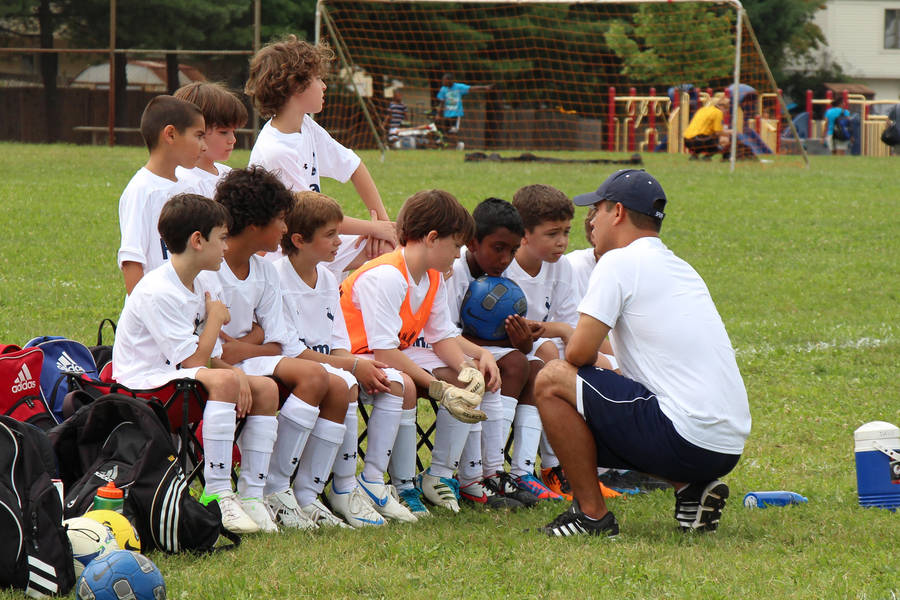
"If you can do it on this pitch then you can do it on Wembley"
I’ve heard that offered up as a justification recently as to why a junior football match should go ahead on a huge bog of a (dangerous) pitch.
If you're a manager or a coach of a grassroots football team that plays during the winter months, like me you may well have been put in the position of deciding whether a match should be played.
The effects of climate change are clearly for another forum but arguably more than any other season, our Sundays have been dominated by early morning darts up to the pitch to check out the damage caused by overnight storms and torrential downpours.
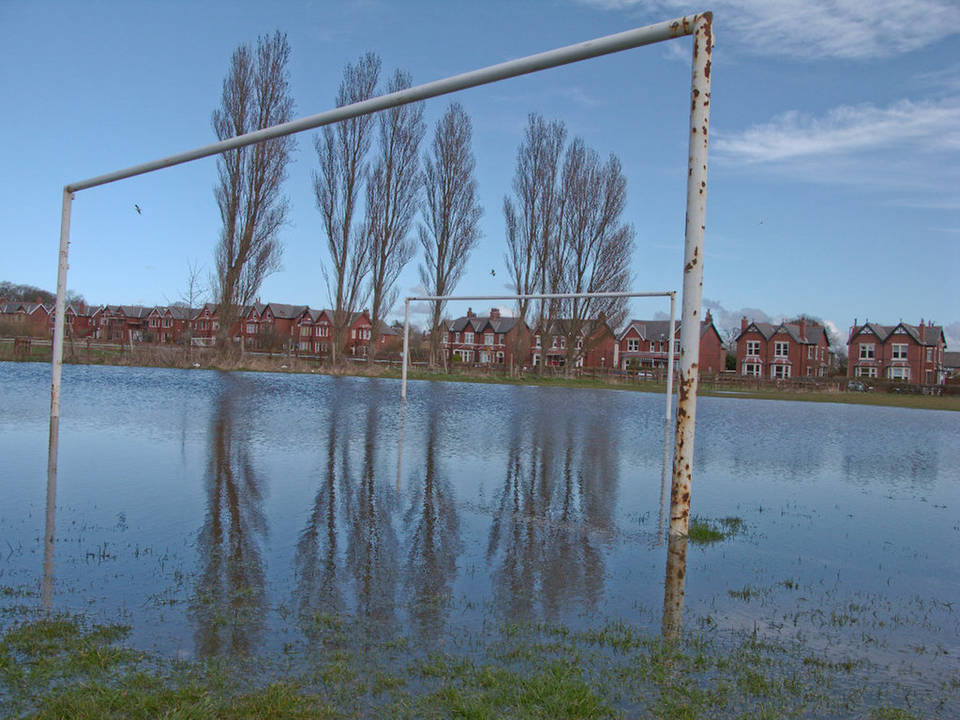
Often this leads to yet another delicate balancing act wondering what is actually in the best interests of your players and choosing whether the game should take place or not.
What to consider
When walking around the pitch stamping my foot into the squidgy places and weighing up what to do for the best there are usually competing pressures and internal conversations going on inside my head such as:
- "We could do with playing a game"
- "Can they pass the ball on this surface?"
- "Is it dangerous?"
- "We're behind with our fixtures"
- "But what if somebody gets hurt?"
- "We've not played for 2 weeks"
- "We played on worse in my day"
- "We're desperate for a game"
- "Is it going to be farcical if we try and play?"
- "If I say it's playable and it rains between now and kick off am I going to be dragging everyone here for it to be called off and a wasted journey?"
It can be so hard to know what to do for the best. There is a line of thinking that unless the pitch is in a near perfect state then the game should be called off as the team gets little benefit from playing on a substandard pitch.
In reality though, if you're waiting for the perfect surface to play on then you're likely to be waiting for a very long time in junior football (in the UK at least) and it hardly lends itself to completing your fixtures in a timely way.
So, what is the answer and where are the judgements?
For me, the judgements need to be traced back to the original question of where is greater value for the players? Is it in playing as regularly as possible in any conditions or is it in playing under the best possible conditions to aid their development?
Again, I'm not sure there is a straightforward answer to that question, but when I’m walking round a half sodden pitch at 8am on a Sunday morning deciding whether it’s game on or game off I concentrate on the following 2 key factors:
Player Safety
My first concern is always around player safety; if I say the game can be played then am I putting the players' health at risk? Can I say now, that it is unsafe, or do I need to defer that decision to the ref?
If there's a high possibility of somebody getting hurt then the match shouldn't go ahead.
For example, if a player’s foot is sinking into the sodden ground it could mean they take a tackle with no movement available to their standing foot. In this case I would have no hesitation in calling the game off as I wouldn’t want a broken ankle on my conscience.

Likely quality of football
The other thing I always consider is if the match would end up being a farce if it went ahead.
If the ball has its natural path badly affected by the state of the pitch then I take the view that the quality of the game will be compromised too much, and the team will get no benefit from playing on that day. As a coach who asks players to pass the ball I see little to no benefit to passages of play with a scrum of barely visible players taking huge swipes at the ball as it moves barely inches in a puddle of muddy standing water.
If either of these are red flags, then I believe you’re doing the right thing by postponing.
Incidentally, it's highly unlikely that you'll ever call a game off for high winds and yet this arguably has a greater influence over a football match than any other weather conditions.
There's many a time when I've seen junior football players struggling to keep a ball on the playing area as the wind blows it in all directions and yet I’ve never known any of our games to be called off for wind alone.
Making these decisions is just another one of many responsibilities they didn't tell you about when you agreed to become a football manager!
As ever, all you can do is weigh up the above and follow your instincts and act in good faith in the best interests of the players.



